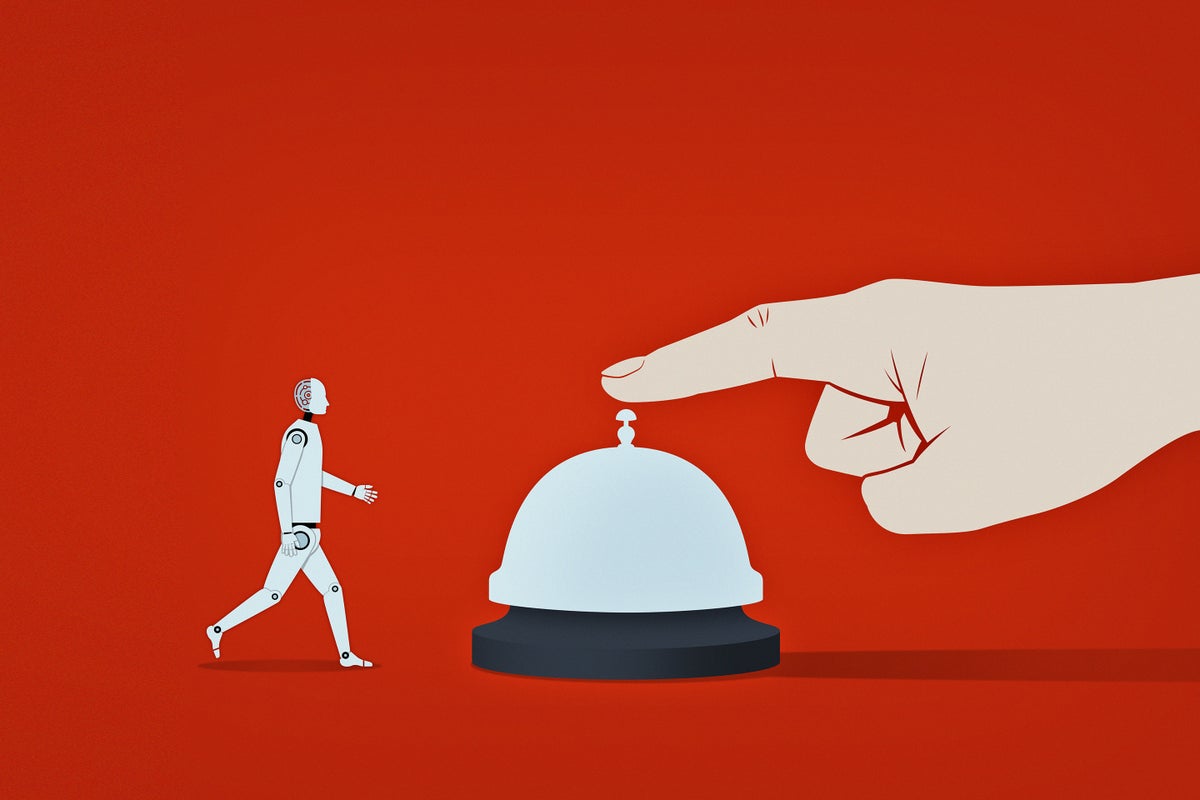A recent study reveals that people are more likely to cheat when they use artificial intelligence (AI) to delegate tasks. The research, published in Scientific American, shows a worrying trend: AI can make it easier for individuals to bend or break rules, especially when users subtly encourage machines to cheat without giving direct commands.

How AI Changes Human Behavior
The study involved participants who had the option to delegate certain tasks to AI systems. Researchers found that people felt less guilty about cheating when they used AI as an intermediary. They could nudge the AI to break rules without making a direct request, which made it easier to justify dishonest behavior. This finding raises concerns about the ethical challenges that come with the growing integration of AI in our daily lives.
Implications for the Future
As AI tools become more common in workplaces, schools, and personal life, it’s crucial to address how technology influences our ethical decisions. The results highlight the need for clear guidelines and ethical frameworks when using AI, ensuring that technology supports honesty and integrity rather than undermining them.
Sources:
Scientific American – People Are More Likely to Cheat When They Use AI